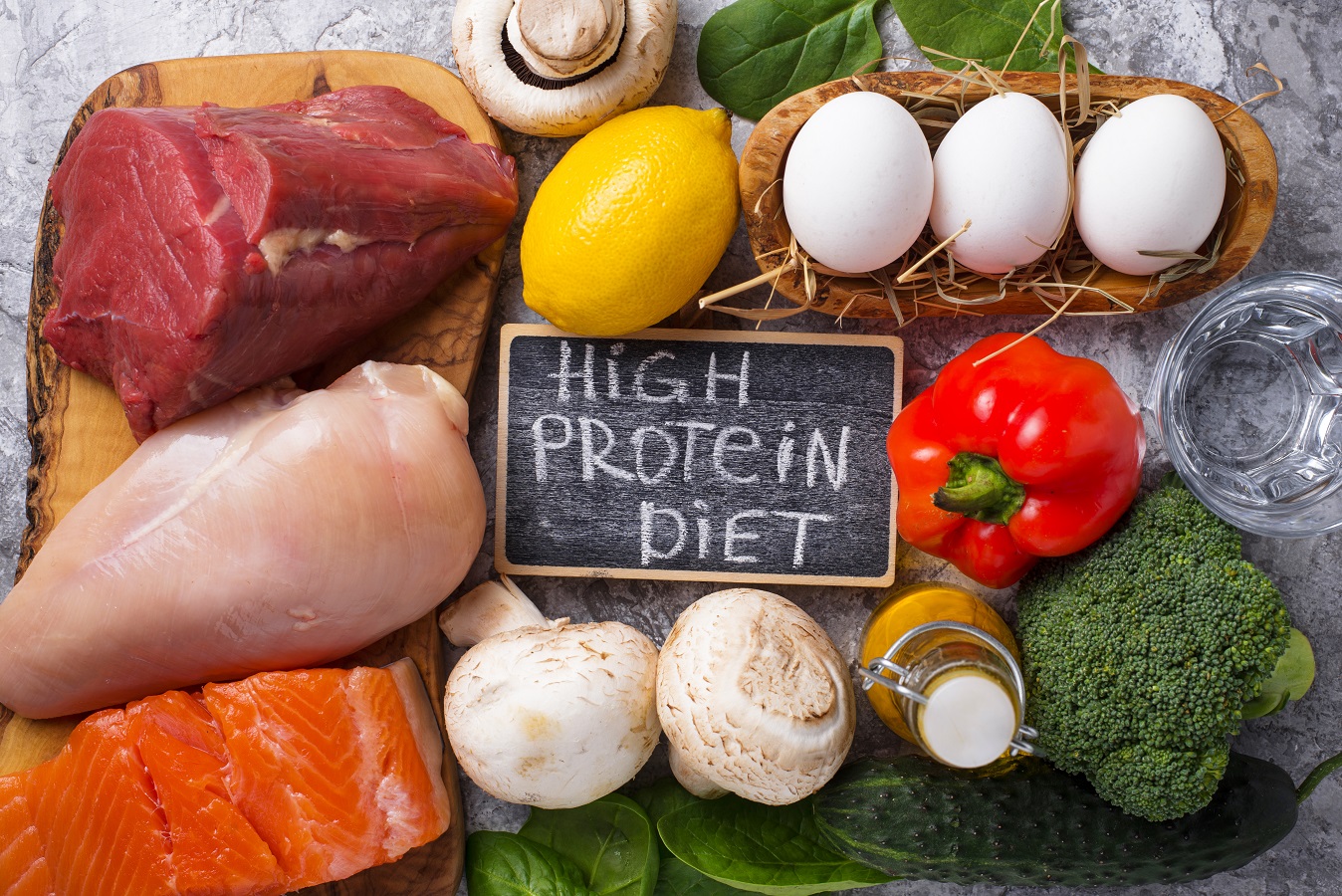Carapeastra Insights
Your go-to source for news and information on a variety of topics.
Protein Panic: What Happens When You Go Overboard
Discover the shocking effects of protein overload! Learn how too much protein can harm your health and what you need to know to stay balanced.
The Dark Side of Protein: Understanding the Risks of Excessive Intake
While protein is essential for various bodily functions, consuming it in excessive amounts can lead to several health risks. Excessive protein intake can strain the kidneys, particularly in individuals with pre-existing kidney conditions, as they work harder to eliminate the byproducts of protein metabolism. Additionally, a diet excessively high in protein may lead to dehydration due to increased urine production, potentially resulting in kidney stones. Other potential health issues include osteoporosis, as high protein intake can lead to increased calcium loss through urine, exacerbating bone density loss over time.
Moreover, many individuals seeking to increase their protein intake often resort to high-protein diets that are low in essential nutrients, which can result in imbalanced nutrition. This type of diet can lead to gastrointestinal issues, such as constipation or diarrhea, particularly when fiber intake is neglected. One must also consider the source of protein; diets rich in red and processed meats have been linked to a higher risk of chronic diseases, including heart disease and certain cancers. Thus, it's crucial to approach protein consumption with caution and prioritize a balanced diet.

How Much Protein is Too Much? A Guide to Safe Consumption
Determining how much protein is too much can be a complex issue, as protein needs vary significantly among individuals based on factors such as age, activity level, and overall health. For most adults, a daily intake of 10% to 35% of total calories from protein is considered adequate. This translates to about 46 grams for women and 56 grams for men. Consuming protein beyond these recommendations may lead to potential health risks, including kidney damage, dehydration, and nutrient imbalances. It's essential to listen to your body and consult healthcare professionals if unsure about your protein intake.
While high-protein diets have gained popularity, particularly in fitness and bodybuilding communities, moderation is key. Experts generally advise that intakes exceeding 2 grams per kilogram of body weight per day may be excessive for most people. Furthermore, a diversified diet that includes a variety of food groups ensures you receive all necessary nutrients. To stay within safe limits, individuals should consider incorporating different protein sources—such as lean meats, dairy, beans, and legumes—while keeping an eye on total calorie consumption and overall health.
Protein Overload: Symptoms, Consequences, and Solutions
Protein overload occurs when an individual consumes more protein than the body needs for its maintenance and repair functions. While protein is essential for muscle growth, hormone production, and overall health, excessive intake can lead to a range of symptoms. These may include digestive issues such as bloating, constipation, and diarrhea. Furthermore, high protein consumption can put a strain on the kidneys, particularly in individuals with pre-existing health conditions. Other potential symptoms encompass dehydration, due to increased nitrogen waste that needs to be flushed from the body, and even an imbalance of essential nutrients, leading to deficiencies in other critical areas of health.
The consequences of prolonged protein overload can be severe. For starters, individuals may experience an increase in body fat, as excess protein can be converted to fat if caloric intake exceeds the energy burned. Moreover, chronic high-protein diets can increase the risk of developing kidney stones and may worsen kidney function over time. To mitigate these risks, it’s crucial to implement solutions such as moderating protein intake and ensuring a balanced diet that includes carbohydrates and fats. Consulting with a healthcare professional or a registered dietitian can provide tailored advice to help achieve a healthy macronutrient balance.